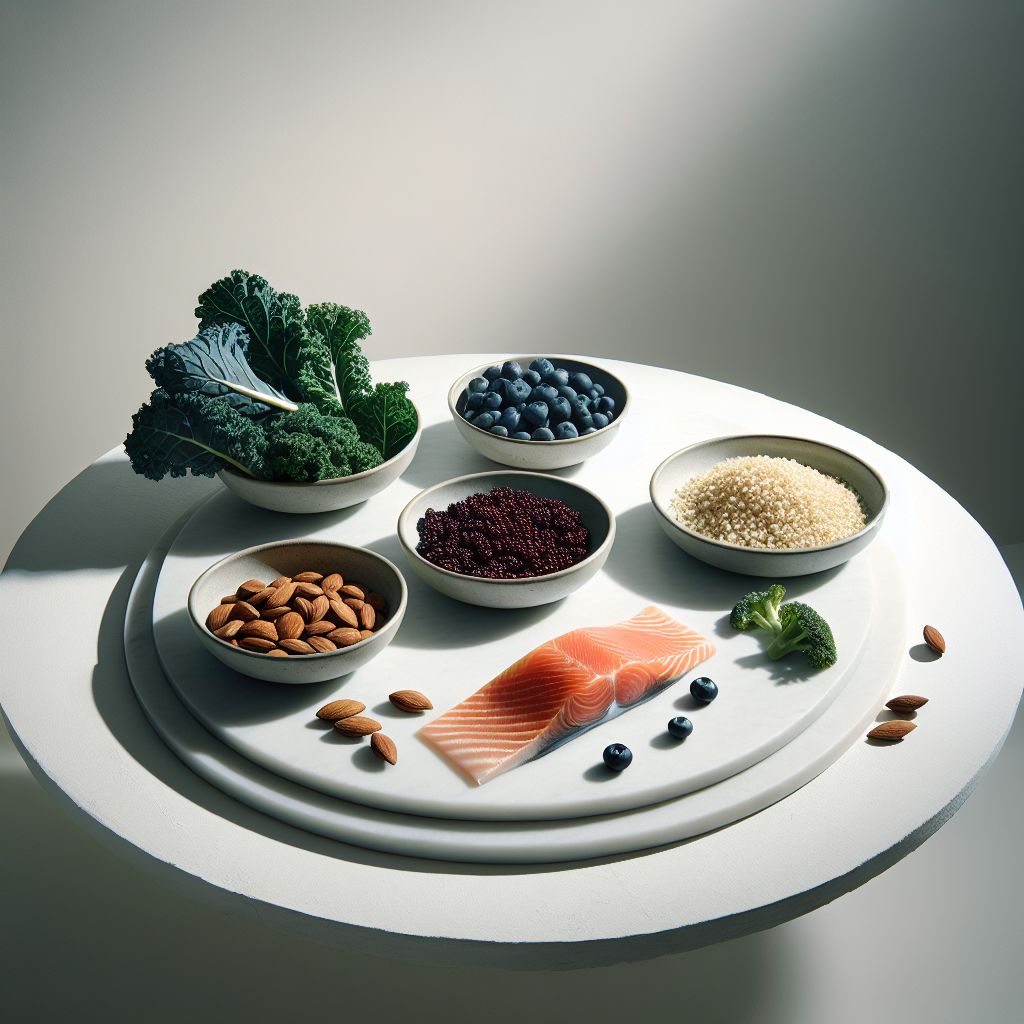Ditch the Multivitamin: Five Doctor-Approved Superfoods You Need Now
Health experts advocate for a diet rich in spinach, papaya, lentils, berries, and fatty fish as a natural alternative to multivitamin supplements.

The Role of Multivitamins in Modern Diets
In today's fast-paced environment, many Americans are turning to multivitamins to quickly address their nutritional needs. These supplements offer a convenient solution, especially for those with busy lifestyles. However, health experts warn that relying solely on them may not provide the optimal benefits for overall well-being. Instead, a focus on whole foods can be a more effective way to get the necessary nutrients. Several medical professionals emphasize the importance of food-based sources over supplement reliance.
Spinach: The Nutrient Powerhouse
Spinach is a superfood that deserves a spot in your diet. Dr. William Li highlights its impressive nutrient profile, including vitamins A, C, B1, B2, B3, B6, B9, and E. This leafy green not only supports general health but is also known to help lower blood pressure, which is vital for heart health and stroke prevention. Incorporating spinach into meals can provide significant benefits, making it a top choice for nutrition-conscious individuals. Whether in salads, smoothies, or cooked dishes, spinach is a versatile option.
Papaya: Tropical Benefits for Immunity and Digestion
Papaya is more than just a delicious tropical fruit; it’s packed with essential vitamins like A and C. According to Dr. Li, this fruit also contains B5, B9, and E, all of which are crucial for maintaining hormone balance, cellular function, and immune support. The anti-inflammatory properties of papaya can help improve digestion and boost immunity, making it a fantastic addition to your diet. Enjoy it fresh, in smoothies, or as a topping for yogurt to harness its health benefits.
Lentils and Their Nutritional Superiority
Lentils are an excellent source of B vitamins and provide numerous health benefits. Dr. Li explains that these legumes can enhance metabolism while lowering bad cholesterol levels and reducing inflammation. In addition to lentils, alternatives like black beans and chickpeas offer similar nutrients and bolster gut health through plant-based protein. This makes lentils a great staple for those looking to maintain a healthy, balanced diet without relying heavily on supplements. They are versatile for salads, soups, and more.
Berries: Small Fruits with Big Benefits
Berries, including blueberries, raspberries, and strawberries, are small but mighty. Dr. David Kahana recommends incorporating these fruits into your daily diet for their powerful antioxidants. These antioxidants play a crucial role in fighting inflammation and supporting heart health. Not only are berries tasty, but they are also low in calories, making them an ideal snack or addition to meals. Their vibrant colors and delightful flavors can enhance any dish while providing significant health benefits.
The Benefits of Fatty Fish
Fatty fish, such as salmon and sardines, are nutritional powerhouses that offer a wide array of health benefits. Dr. Kahana emphasizes these fish as an excellent source of omega-3 fatty acids, which are essential for brain and heart health. Including fatty fish in your diet can promote cardiovascular well-being and support cognitive function. With various cooking methods available, there are plenty of delicious ways to prepare these fish, making it easy to reap their benefits.
Food First: A Balanced Approach to Nutrition
While multivitamins have their place, Dr. Li asserts that obtaining nutrients from whole foods should always be the priority. Whole foods provide not just vitamins but also a rich array of macro- and micronutrients essential for overall health. Dr. Kahana echoes this sentiment, emphasizing the need for a nutrient-dense diet while strategically using supplements when necessary. The ultimate goal is to achieve balance, nourishing the body with wholesome foods while recognizing the value of supplements for specific health needs.